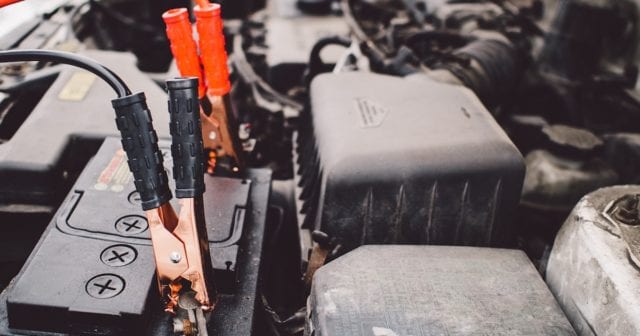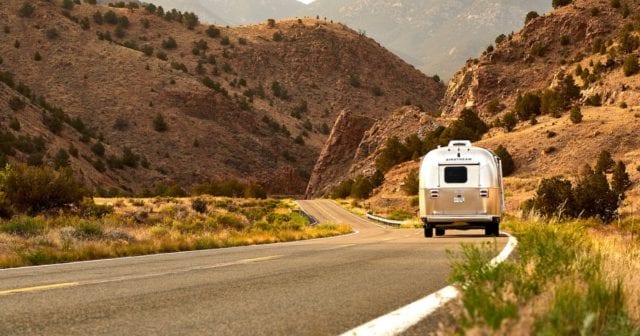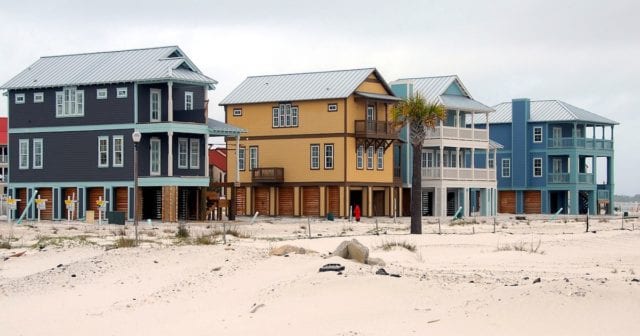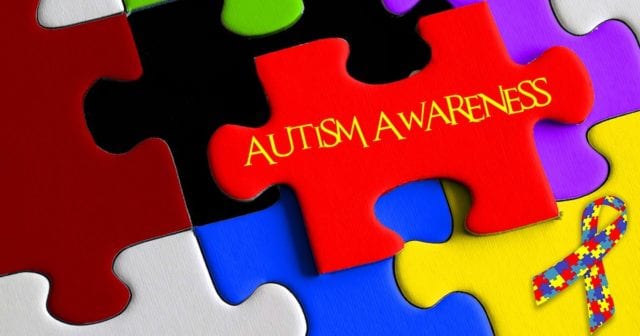You have a home insurance policy not only because it’s a smart way to protect your home and your family, but likely because you also have a mortgage that requires it. Getting a cancellation or non-renewal notice in the mail can be a nightmare.
Don’t let this happen to you. Protect your home and yourself from being dropped by your insurance provider and make sure you know what to do if it happens anyway. Here’s what you need to know.
Reasons for Lost Insurance Coverage
Your home insurance policy can be cancelled or simply not renewed for multiple reasons. Some you have control over and some you don’t. If you’ve receive a notice about your coverage being dropped, it could be for a number of reasons:
- Being late paying your premiums
- Too many claims being filed
- Low credit score
- Pets that are aggressive or owning a breed thought to be aggressive
- Having a pool or trampoline
- No longer living in your home as a primary residence
- Fraud such as filing false claims or lying on an insurance application
- Having a criminal record
- Coverage no longer provided in your area
What to Do if Your Policy isn’t Renewed
If your home insurance is cancelled, you should receive 10 to 20 days notice. If you’re not being renewed, you will receive 45 days notice. For non-renewals that are outside of your control, give us a call. We can get you free estimates and help you choose a new policy immediately.
But if you receive a cancellation or non-renewal notice because of something you’ve done — or haven’t done — insurance may be more difficult or expensive to obtain. Why? Insurance providers use the Comprehensive Loss Underwriting Exchange (CLUE) to check your insurance history. This includes cancellations and non-renewals. You will likely still be able to obtain home insurance but it may not be as affordable as your old policy, and you’ll have fewer options.
Preventing Non-Renewals and Cancellations
The most common reason your home insurance policy may be cancelled or not renewed (beyond fraud or no longer servicing the area) is due to the number of claims you file. The best thing you can do to prevent a non-renewal is to file fewer claims.
Have a home maintenance plan. Taking care of your home — replacing the roof, fixing HVAC problems, protecting your pipes in winter, etc. — will drastically reduce accidents and the need to file a claim. Pay for small repairs out of pocket and fix what you can on your own. Monitoring your home and taking care of small issues before they become big issues will save you in the long run.
Make acceptable changes in and around your home. Giving up your family dog may not be an option, but there are other things you can change. Do you really need the trampoline? Can you add safety features to your pool to decrease the risk? Talk to your insurance agent about other risk factors in your home. You may be able to make a few changes and show insurance providers you take the risk seriously.
Change your deductible. Your insurance deductible should always be an amount you can afford to pay if you have to. But increasing it may lower the likelihood that you’ll file a claim you could have avoided. You may think twice if you have to pay $500 or $1000 for a claim and find it less expensive to take care of the problem yourself.
Have you received a non-renewal notice? Worried you might in the future? Talk to an agent at Charlotte Insurance. We can advise you on how to reduce your risk and help you find a home insurance policy that works for your home and your budget. Contact us today!









